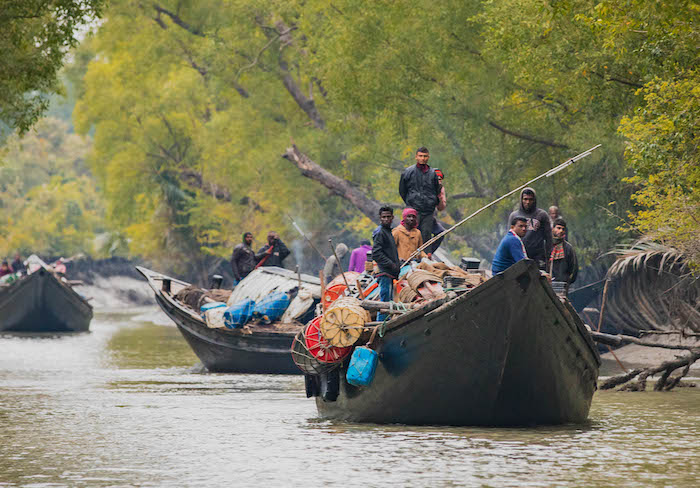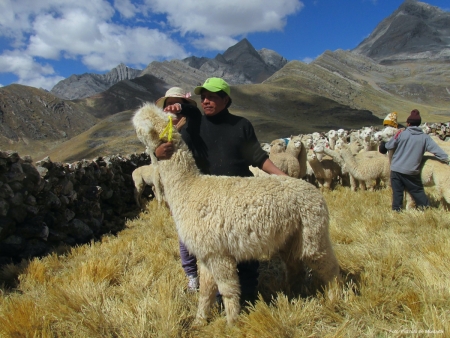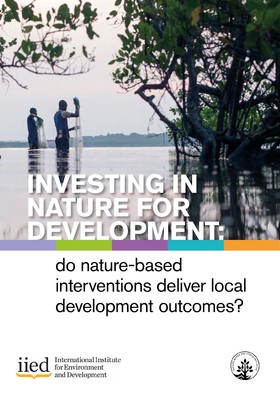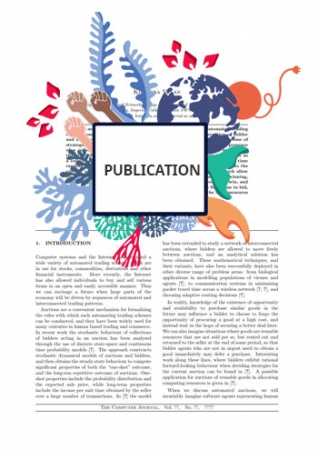Building back better with nature: clarifying the economic recovery potential of nature-based solutions in the Global South
Despite growing recognition of the broad social, climate, and ecological benefits of Nature-based Solutions (NbS), including economic recovery measures, the inclusion of NbS in stimulus packages and the rollout of targeted policies is limited. This reflects a lack of understanding around how different types of NbS contribute to short term economic recovery potential (ERP) versus long term development gains and by what pathways benefits materialize and for whom. This is particularly true in the Global South where impacts of COVID and climate change are most severe but where the potential for NbS to support economic recovery is also greatest.

Research explores the ecological, social, and political challenges and opportunities for implementing a more inclusive management regime for sharks and rays in Bangladesh.
This work package represents an interdisciplinary collaboration between the Nature-based Solutions Initiative in the Department of Zoology, and the Smith School, in the School of Geography. The aim is to unpack the contribution of NbS to short term economic recovery potential (ERP), and how this relates to long term development gain, while framing these in a policy setting in a way that supports systemic change. In other words, we seek to explore the extent to which NbS make economic sense and how (or not) this contributes to climate, and biodiversity outcomes. The intention is to contribute to policy guidelines around how to integrate NbS into economic recovery packages. In addition, there is an interest in understanding how these benefits are socially disaggregated, how this varies across NbS types (and risks and opportunities these present), and how this compares to other economic recovery options.
The vision underpinning this work package is that economic recovery policies are informed by robust evidence-based guidelines around what ‘good’ investments in NbS look like and the benefits they can bring. Hence, our intended audiences are technical experts and decision-makers working on economic stimulus packages or revising climate and development policy.
To address our aims, we are carrying out systematic reviews of the peer-reviewed and grey literatures, while conducting case studies across a diversity of ecosystems, intervention types, and implementers, with partners in Bangladesh (ICCCAD) and Peru (The Mountain Institute). These exercises focus on focusing on unpacking the economic recovery outcomes of NbS across scales. In parallel, our partners in the Smith School (Oxford University Economic Recovery Project) and other stakeholders, will refine, expand, collate, and analyze development bank project performance datasets in relation to NbS, in partnership with the Green Fiscal Policy Network. Lastly, with our partners at the Smith School, we are working on ‘gold standard’ framework for gathering evidence on NbS economic outcomes. Specifically, the objective will be to reflect on what is being measured, to derive guidance for those implementing NbS on what to measured, and how, to capture economic impact. This is crucial to strengthen and scale-up the evidence-base on the economic recovery potential of NbS.








